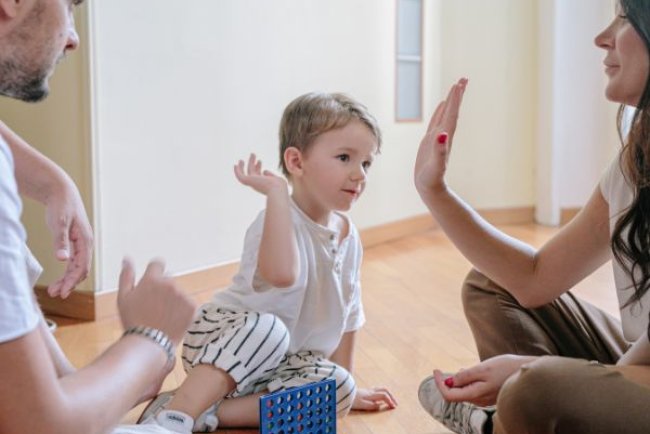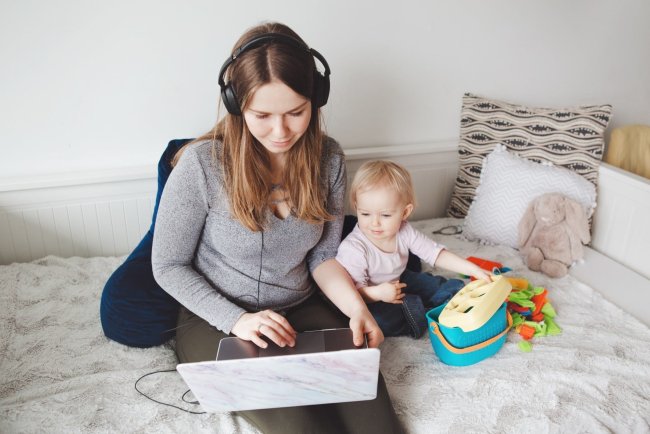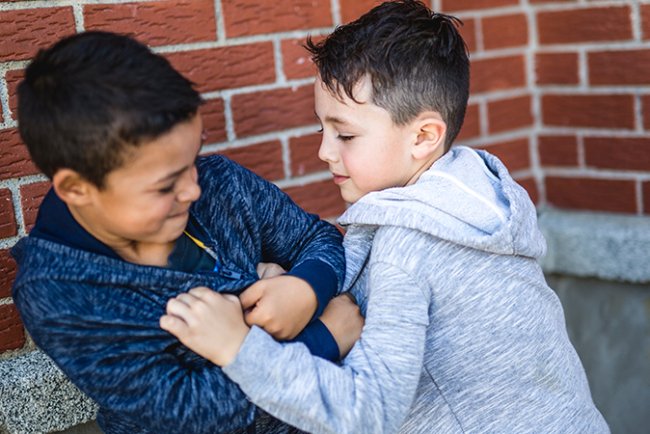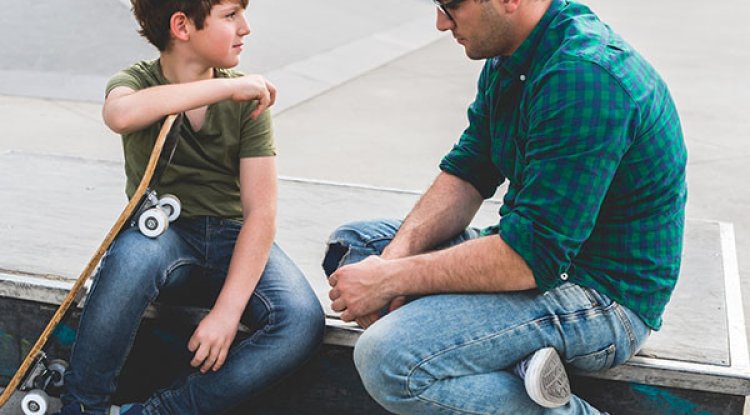The Best Thing You Can Do to Protect Your Child from Bullying
If you want to protect your child from bullying or prevent it before it even begins, the most powerful thing you can do is surprisingly simple. It is not about enrolling in programs or strict school rules. It starts with something every parent can do: talk to your child.

And by talking, I don’t just mean giving advice about standing up to bullies or telling them to inform a teacher if something happens, although these things matter. I mean truly having conversations that help you understand who your child is, what their world feels like, and how their daily life unfolds when you are not around.
Why Conversations Matter More Than You Think
Once children begin school, parents lose sight of many small but meaningful details. We do not always know who they sit with at lunch, how their peers treat them, or what happens in those in-between moments like the bus ride or the playground. These moments shape your child’s confidence and sense of belonging.
According to StopBullying.gov, spending only 15 minutes a day in real conversation with your child can make a huge difference in protecting them from bullying. Fifteen minutes of attention can help build trust, uncover hidden worries, and remind them that their feelings matter.
How to Make Your Child Want to Talk
Most parents know the struggle. You ask, “How was your day?”and "Fine" is the response. "What did you do?" you inquire.2.” and "Nothing" is the response. The discussion ends before it even begins.
Asking open-ended questions that encourage narrative rather than succinct responses is crucial. Try posing queries such as:
Tell me about a humorous incident that occurred today.
Did something cause you to feel angry or proud?
Who did you hang out with during recess or lunch?
Proceed with little curiosity. Use expressions like "What occurred next?" or "Tell me more about that." This method helps your child stay calm and avoids making the talk seem like an interview. You start to establish enduring trust when people feel comfortable disclosing information.
Why Everything Can Change in Those Fifteen Minutes
Your youngster will feel seen and understood if you set aside a short period of time each day to listen intently. These brief but regular conversations improve your relationship and let your child know you are always available to them.
By means of these discussions, you can:
Identify the first indications of loneliness or bullying.
Find out what makes your youngster happy or stressed.
Boost their self-esteem and foster wholesome friendships.
Learn who the important people in their life are and build connections with them.
When challenges arise, your child will naturally turn to you because they already know you are someone who listens, not just someone who instructs.
Finding Your Fifteen Minutes
Even in a busy schedule, fifteen minutes is not difficult to find. You can use small daily moments to connect. Have dinner together or prepare a meal side by side. Talk while driving. Sit together before bedtime. Put away your phones and give each other full attention.
Fifteen minutes of genuine conversation each day can completely change the way your child experiences life and how they deal with challenges like bullying.
What's Your Reaction?




















